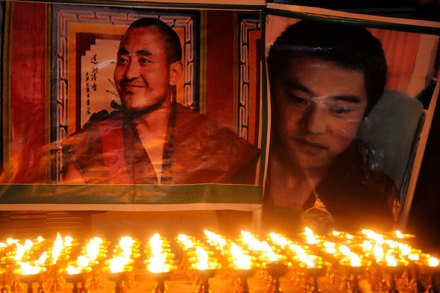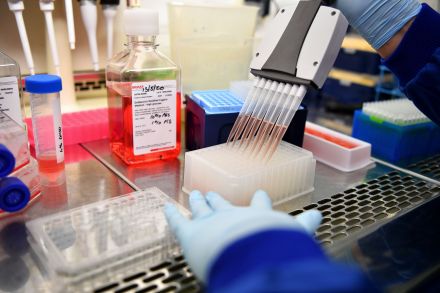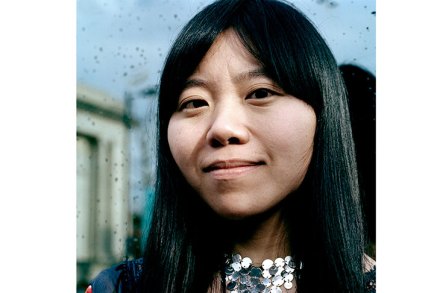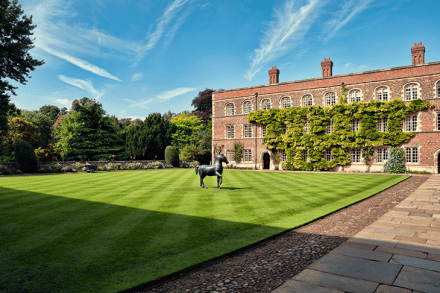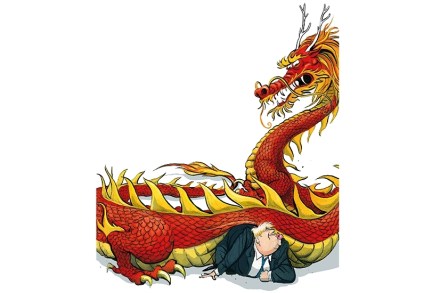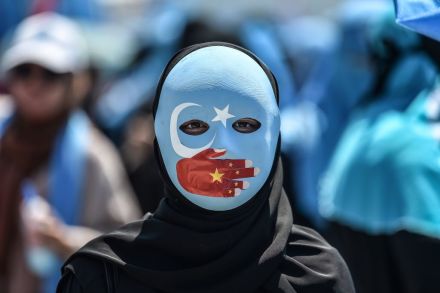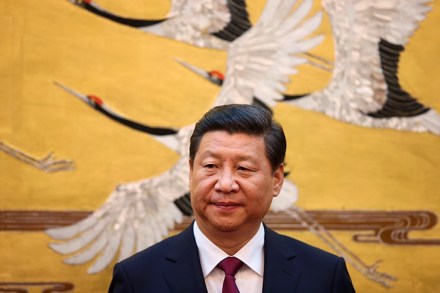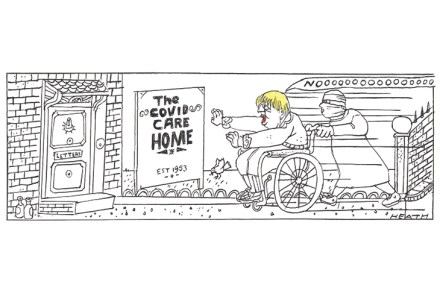Xi’s world: Covid has accelerated China’s rise
Back in February, the Chinese state appeared to be in trouble. A terrifying virus had infected thousands of people and the country’s social media exploded in anger against the authorities faster than Chinese censors could scrub away the critical comments. Like governments elsewhere, the Chinese Communist Party (CCP) turned to the emergency analogy of choice, the second world war. Channelling Mao Zedong’s guerrilla campaign against the Japanese in the 1930s, state media declared that China was fighting a ‘people’s war’ against the virus. As in that earlier war, China’s conflict with the virus has shifted from a defiant retreat to a declaration of victory. Nor is this just bluster. The




